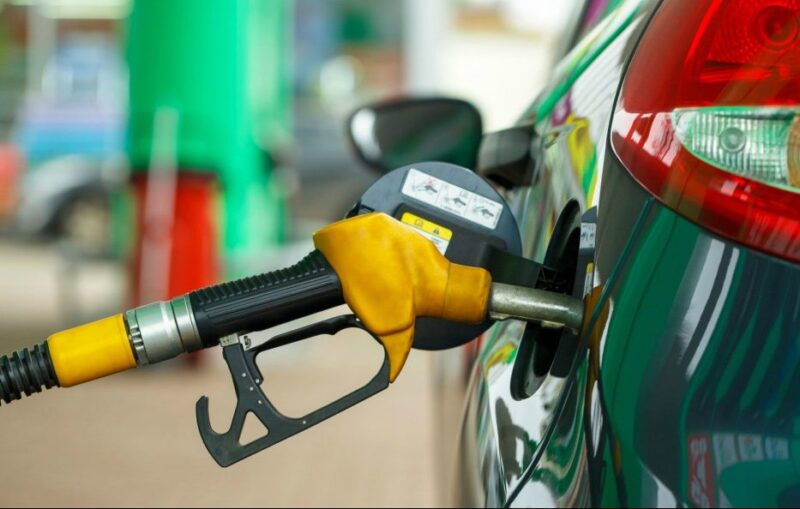5
The Depot and Petroleum Products Marketers Association of Nigeria (DAPPMAN) has pushed back against what it calls a misleading narrative that places Nigeria’s downstream petroleum stability solely on the shoulders of the Dangote Refinery, warning that such claims risk distorting market realities and eroding investor confidence.
In a press statement, the association said it was alarmed by the growing tensions between the Dangote Refinery and the National Union of Petroleum and Natural Gas Workers (NUPENG). It noted that, beyond the immediate dispute, the public messaging has become dangerous for a sector still adjusting to post-deregulation dynamics.
“Dangote Refinery is a valuable contributor, but it is not a messiah,” said Olufemi Adewole, Executive Secretary of DAPPMAN.
“Nigeria’s downstream sector is powered by an ecosystem of refiners, depots, marketers, transporters, and regulators, working together to keep fuel flowing across the country.”
DAPPMAN stressed that while the refinery is a major infrastructure milestone, it currently meets only about 30 to 35 percent of domestic demand. The bulk of supply, it said, still comes from marketers who import and distribute products under the oversight of the Nigerian Midstream and Downstream Petroleum Regulatory Authority (NMDPRA).
The group also accused the refinery of market-disruptive practices, alleging that its fuel price cuts were strategically timed to weaken competition. Even more troubling, DAPPMAN claimed, is that Dangote offers lower prices to international buyers than to local marketers, an arrangement it said contradicts the refinery’s patriotic posturing.
On product quality, the association dismissed insinuations that marketers import substandard fuel, insisting that all imports pass regulator-certified tests. It went further, alleging that Dangote itself had sought waivers to distribute products with sulphur levels above approved standards.
Business analysts say DAPPMAN’s intervention underscored growing unease among market players about the refinery’s pricing power and its influence on public perception. With fuel demand projected to grow and foreign exchange still under pressure, the balance between competition and concentration will likely shape investment flows into the sector.
DAPPMAN’s concluded stating that, “The future of Nigeria’s energy sector lies not in monopolistic narratives but in cooperation, regulatory compliance, and mutual respect.”








